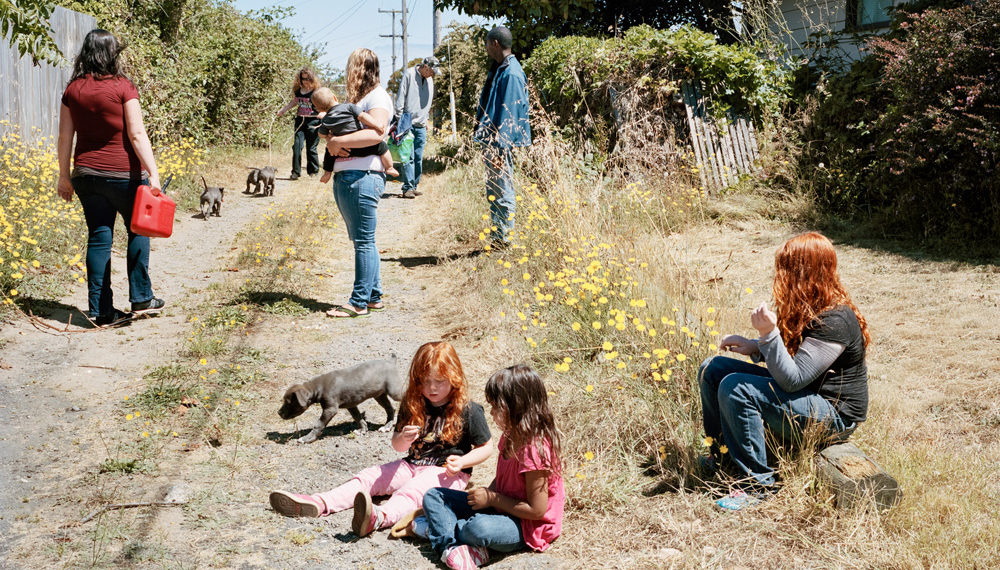On View
February 4–May 9, 2021
79 Essex Street, New York, NY 10002
Curator-photographer Paul Graham brings together eight recent photographic projects by image makers in the lyric documentary tradition.
The International Center of Photography (ICP) proudly announces its winter/spring 2021 exhibition: But Still, It Turns: Recent Photography from the World, guest curated by photographer Paul Graham. The exhibition—on view February 4 through May 9, 2021—comes on the heels of ICP’s reopening of its galleries on October 1 following a six- month closure due to the COVID-19 pandemic and arrives just as ICP celebrates its first anniversary at its new home on Manhattan’s Lower East Side.
In But Still, It Turns, nine contemporary photographers present images made in the 21st-century United States that reflect a movement towards a lyrical documentary practice. Extending the tradition of Robert Frank, Walker Evans, Gordon Parks, and Diane Arbus, this work fits a notion of “photography from the world”—photography that resists both narrative arcs and the drama of photojournalism or staged photography, grappling instead with the world as it is, in all its ambiguity and wonder.
Works Include
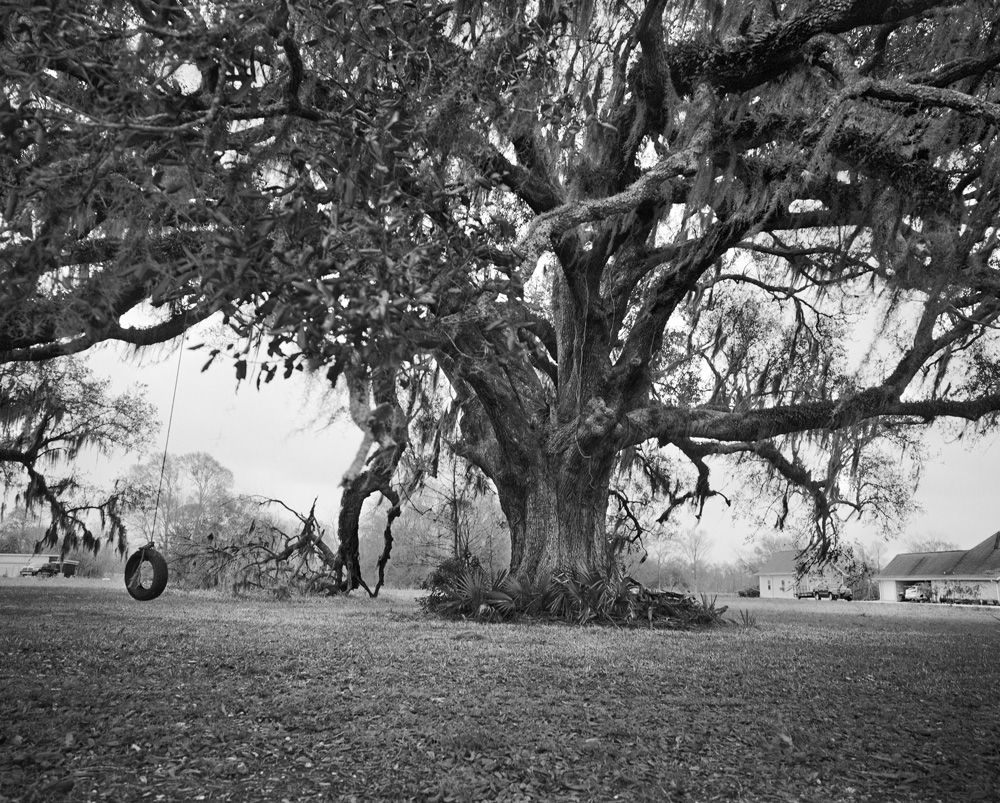
Vanessa Winship’s peripatetic vision in she dances on Jackson, which presents a conversation between landscape and portrait, exploring the vastness of the United States and the inextricable link between a territory and its inhabitants.
Vanessa Winship was born and brought up in North Lincolnshire, England. She studied photography at Filton technical college in Bristol and holds a BA (hons.) in cinema, video, and photographic arts from the Polytechnic of Central London (Westminster University). From 1998 through present she has lived and worked in the Balkans and the countries surrounding the Black Sea. In 2005 she joined Agence VU in Paris, and in 2014 Winship had her first mid-career survey at the Fundación Mapfre Gallery in Madrid, which toured six further venues. Her first major UK solo survey exhibition, And Time Folds, was at the Barbican Art Gallery, London, in 2018. She is recipient of two World Press awards and the Prix HCB (2011), and was Sony photographer of the year in 2008.
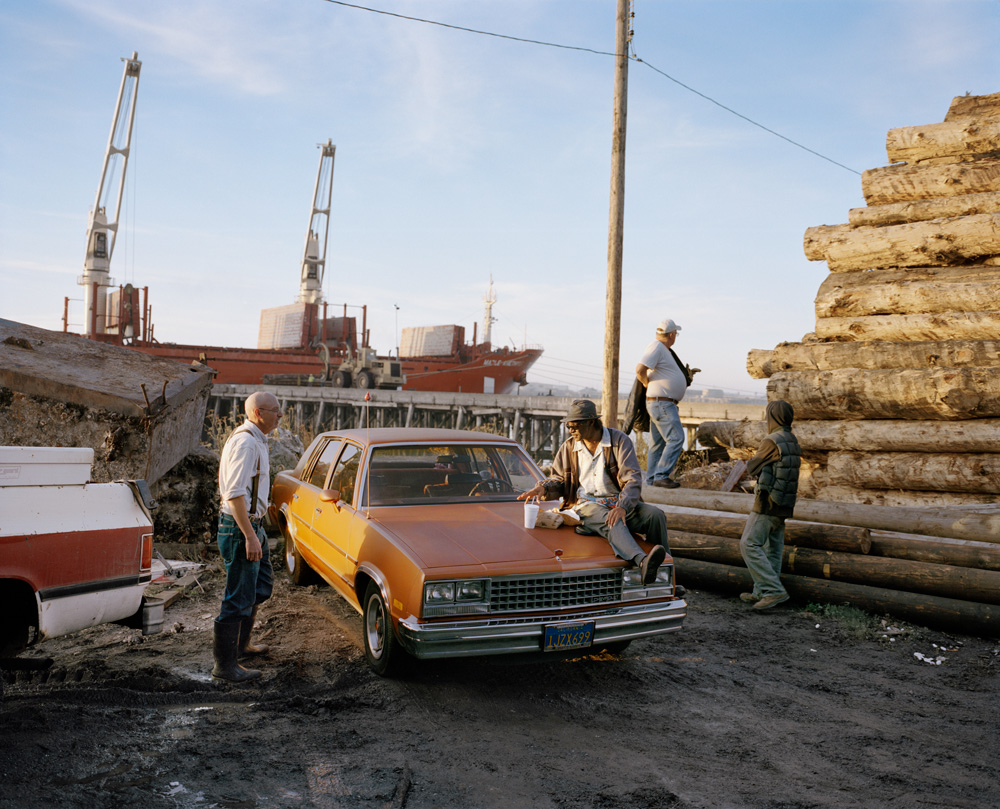
Curran Hatleberg’s gatherings of humankind in Lost Coast’s intimate portraits and episodic narratives that reconstruct a sense of place and community through a shifting cast of characters and scenery.
Curran Hatleberg received his MFA from Yale University in 2010. His work has been exhibited nationally and internationally, including recent shows at the Whitney Museum of American Art, MASS MoCA, Higher Pictures, and Fraenkel Gallery. Hatleberg has taught photography at numerous institutions, including Yale University and Cooper Union. He is the recipient of a 2020 Maryland State Arts Council Grant, a 2015 Magnum Emergency Fund grant, a 2014 Aaron Siskind Foundation Individual Photographer’s Fellowship grant, and the 2010 Richard Benson Prize for excellence in photography. Hatleberg’s work is held in various museum collections, including the Whitney Museum of American Art, SF MoMA, KADIST, the Center for Contemporary Photography, the Davison Art Center at Wesleyan University, the Williams College Museum of Art, and the Yale University Art Gallery. Lost Coast, his first monograph, was released by TBW Books in fall 2016. Somewhere Someone, a collaborative artist book with Cynthia Daignault, was released by Hassla Books in fall 2017. His second monograph, Peanut’s Dream, will be published by TBW Books in 2021.
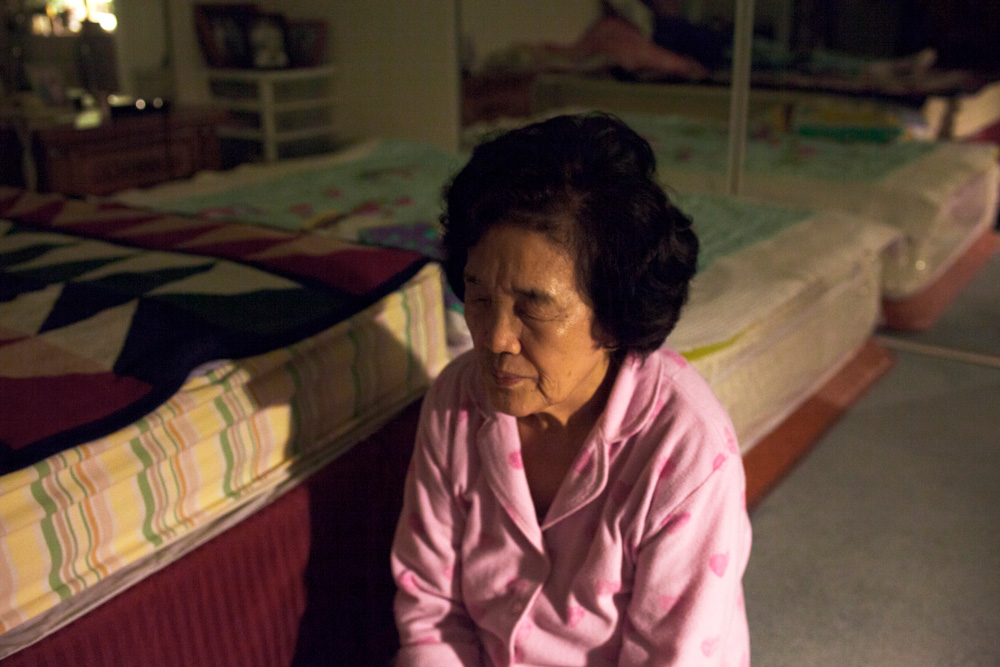
Richard Choi’s What Remains, which pairs video and still photographs to offer a meditation on the stream of life and its expression as a single image, between film and photography, between life and our memory of it.
Richard Choi is an American artist. He received an MFA from Yale University in 2012 and a BFA from Art Center College of Design in 2009. In 2017 his work appeared in Alexander Nemerov’s book Experience, published by The Terra Foundation for American Art (Terra Foundation Essay Series Volume 4), in an essay titled “The Hushed Place: Richard Choi’s Trampoline (2011).” Richard Choi currently lives and works in Yonkers, NY.
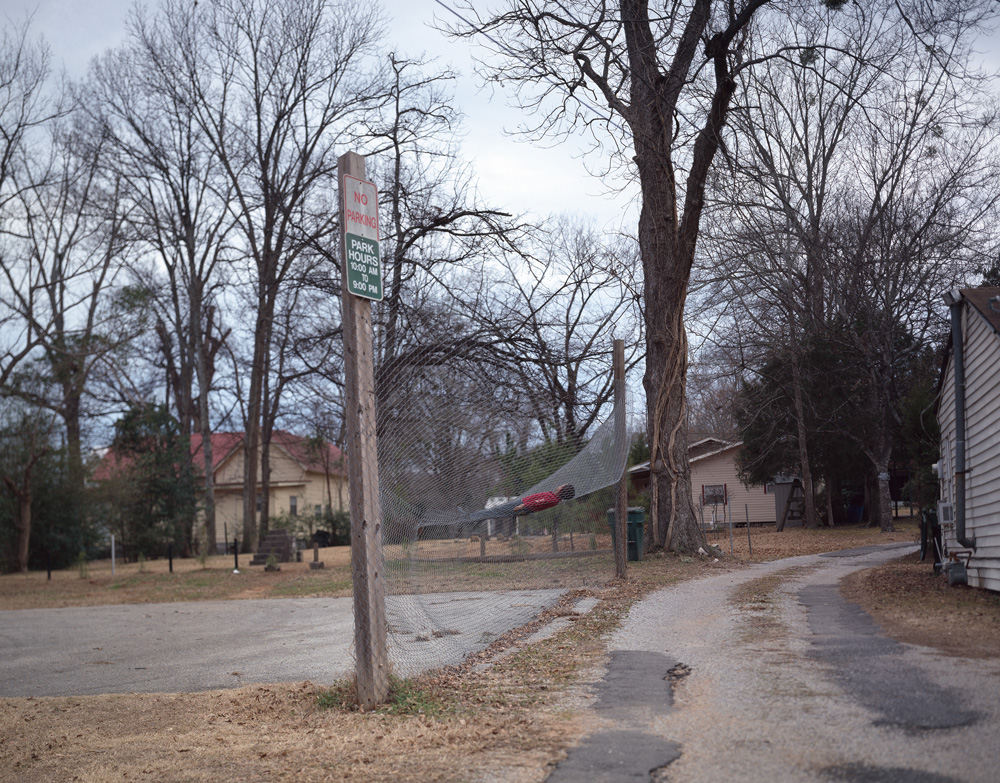
RaMell Ross’s South County, AL (a Hale County), which presents images that center on the rhythms and flow of Black lives, embracing quiet spaces and quotidian moments where people are pictured away from the burden of representation, granting them dignity of selfhood. The exhibition also includes screenings of his Academy Award–nominated documentary Hale County This Morning, This Evening (2018).
RaMell Ross is a visual artist, filmmaker, writer, and liberated documentarian. His work has appeared in places like Aperture; Hammer Museum; Institute of Contemporary Arts, London; Museum of Modern Art; National Gallery of Art; and Walker Art Center. He has been awarded an Aaron Siskind Foundation Individual Photographer’s Fellowship and was a 2020 USA Artist Fellow. His feature experimental documentary Hale County This Morning, This Evening won a Special Jury Award for Creative Vision at the 2018 Sundance Film Festival and 2020 Peabody Award. It was nominated for an Oscar at the 91st Academy Awards and an Emmy for Exceptional Merit in Documentary Film. RaMell holds degrees in Sociology and English from Georgetown University and is faculty in Brown University’s Visual Art Department. His work is in various public and private collections.
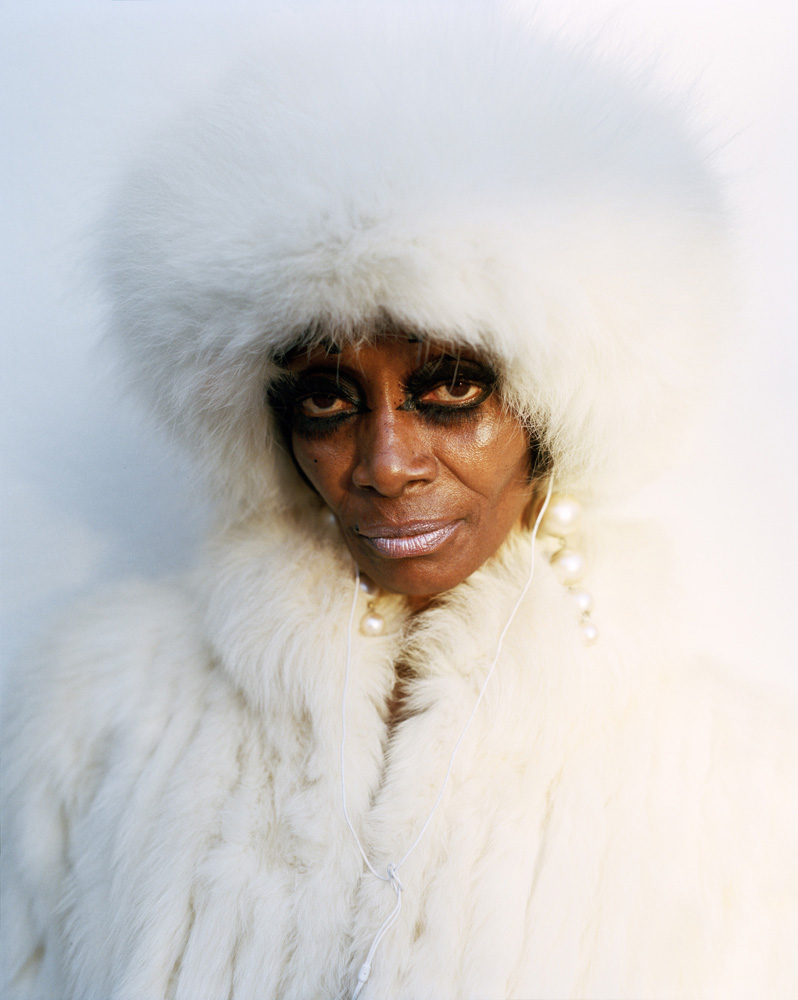
Gregory Halpern takes viewers on an enigmatic journey westward, across the desert and through the city of Los Angeles, ending at the Pacific Ocean in ZZYZX, where everything unfolds into a kind of rapture—simultaneously psychedelic, self-destructive, and sublime.
Gregory Halpern grew up in Buffalo, New York, and has been photographing in the region for twenty years. He has published six books of photographs, including Let the Sun Beheaded Be (2020), Omaha Sketchbook (2019), Confederate Moons (2018), ZZYZX (2016), A (2011), and East of the Sun, West of the Moon (2014), a collaboration with his wife, Ahndraya Parlato. He is also the editor of The Photographer’s Playbook: Over 250 Assignments and Ideas (2014). He holds a BA in history and literature from Harvard University and an MFA from California College of the Arts. He was the recipient of a Guggenheim Fellowship in 2014 and is an associate member of Magnum Photos. He teaches photography at the Rochester Institute of Technology, in Rochester, New York.
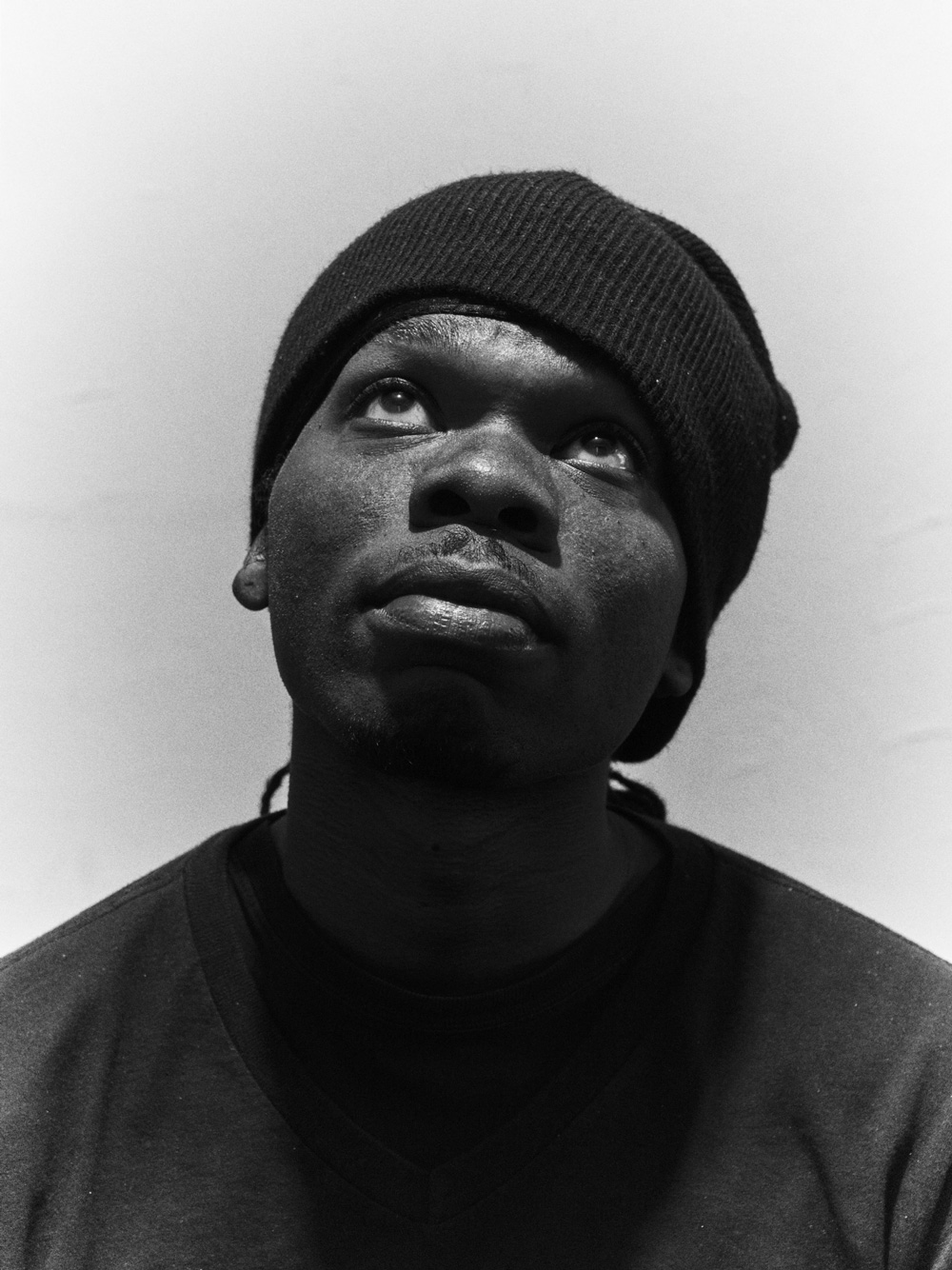
Piergiorgio Casotti and Emanuele Brutti’s collaborative Index G examines the city of Saint Louis through its streets, homes, and people, demonstrating how inequality is revealed through profound differences in local businesses or living conditions, as well as seemingly arbitrary details within urban surroundings.
Piergiorgio Casotti was born in 1972 in Italy and graduated with a degree in economics. His photography career began in the field of fashion; after a couple of years, he devoted himself intensively to documentary photography, committing to long-term projects. His attraction to the dynamics of human beings and developing urban societies has lately brought him to Greenland, Mongolia, and Sakhalin Island. In recent years he started to use video as a documentary form and as a way to complement and further develop the photographic language.
Emanuele Brutti was born in 1984 in Verona. After living between Germany and Ireland, he decided in 2013/2014 to attend a master in photojournalism program at Luz Photo Agency in Milan. As a photographer he is particularly interested in long-term projects focused on the relationship between social issues, people, and their environment. His desire to cooperate with different artists brought him to found Fonderia 20.9, an artist-run space in Verona dealing with contemporary photography, together with Chiara Bandino and Francesco Biasi. He currently works and lives in Verona.

Kristine Potter’s Manifest, which combines the genres of landscape and portrait photography to re-examine the canon of traditional western landscape photography, and in so doing uncovers a world far more formidable and disorienting than previously detailed.
Kristine Potter is an artist based in Nashville, Tennessee, whose work has routinely explored masculine archetypes, the American landscape, and cultural tendencies toward mythologizing the past. Potter was awarded an MFA in photography from Yale University in 2005. She is a 2018 Guggenheim Fellow and the 2019/2020 awardee of the Grand Prix Images Vevey. Her work can be found in public and private collections internationally, including the Georgia Museum of Art, 601 Artspace, Swiss Camera Museum, and Foundation Vevey. Potter’s first monograph, Manifest, was published by TBW Books in 2018.
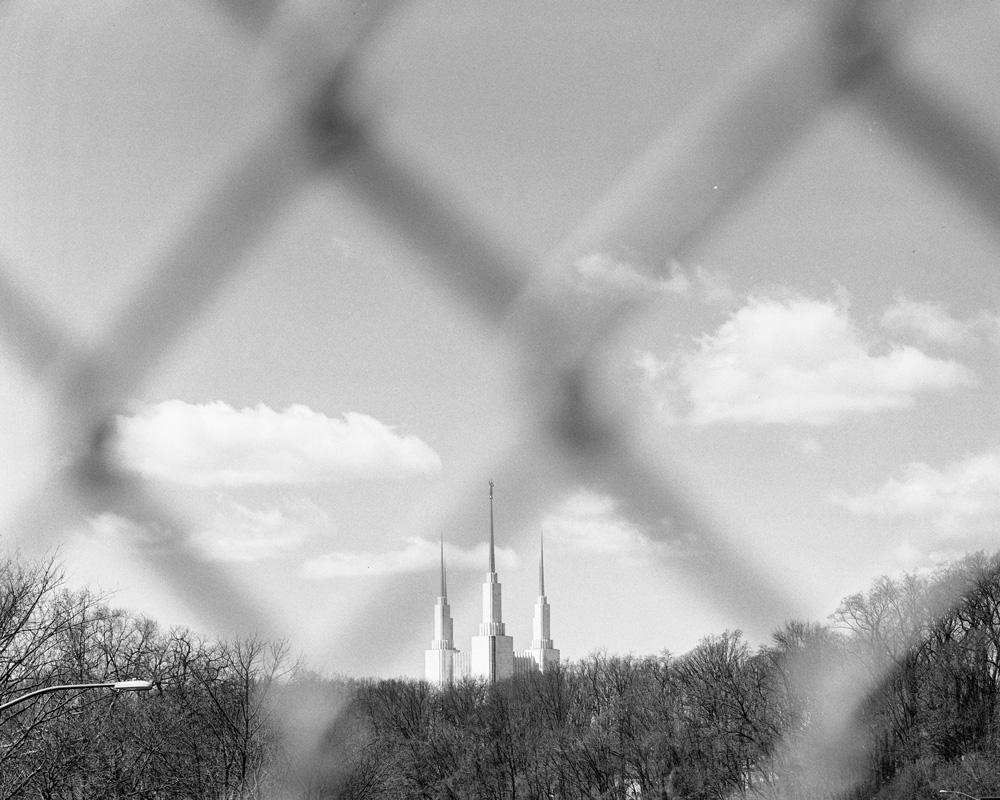
Stanley Wolukau-Wanambwa’s All My Gone Life, which braids contemporary images made by the artist across the United States with archival negatives; together they ask how the image, and the imagination, might play into the elaboration of a future in which vision and delusion so frequently overlap.
Stanley Wolukau-Wanambwa is a photographer, writer, and graduate director of the photography MFA at the Rhode Island School of Design. His book of selected essays, Dark Mirrors, will be published by MACK Books in 2021 and his most recent monograph, Hiding in Plain Sight, co- authored with fellow artist Ben Alper, was published by the Harun Farocki Institute in 2020. He is editing the inaugural Aperture Reader Series, titled The Lives of Images, which will launch in summer 2021.
About the International Center of Photography
The International Center of Photography is the world’s leading institution dedicated to photography and visual culture. Cornell Capa founded ICP in 1974 to champion “concerned photography”—socially and politically minded images that can educate and change the world. Through our exhibitions, education programs, community outreach, and public programs, ICP offers an open forum for dialogue about the power of the image. Since its inception, ICP has presented more 700 exhibitions, provided thousands of classes, and hosted a wide variety of public programs. The International Center of Photography (ICP) launched its new integrated center on Manhattan’s Lower East Side on January 25, 2020. Located at 79 Essex Street, ICP is the cultural anchor of Essex Crossing, one of the most highly anticipated and expansive mixed-use developments in New York City. Visit icp.org to learn more.
ICP opened its new integrated center—housing its museum, school, library, and administrative offices—on January 25, 2020. However, the momentum of this historic moment was abruptly curtailed on March 13, when, in response to the COVID-19 pandemic, ICP was forced to close its doors and transition its programming to virtual platforms. Following a six-month period of unanticipated closure, ICP recently celebrated the reopening of its galleries on October 1, 2020.
The opening hours for this exhibition are Thursday through Sunday, 11 AM to 7 PM. Admission: Adults $16; Seniors (62 and Over), Students (with Valid ID), Military, Visitors with Disabilities $12 (caregivers are free); SNAP/EBT card holders $3; ICP members, ICP students, and all visitors 16 years old and under are free.
Admission to ICP is by timed ticketed entry only to ensure limited capacity and other safety standards are met. Tickets can be reserved online at icp.org/tickets. Visitors are asked to arrive during the 30-minute window of your timed ticket to help us ensure a safe flow in the lobby. For more information about how we’re welcoming you back safely, read our updated Visitor Information and Accessibility guidelines and policies.
But Still, It turns is the phrase that Galileo is rumored to have mumbled after being forced to recant his observations.

